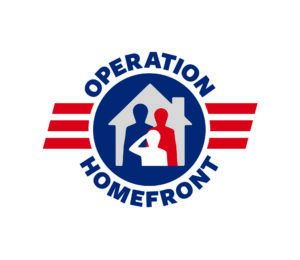Slow down a little bit, you don’t have to conquer the world in a day.
What do you think is the biggest misconception the military community has about your situation?
I think people in the military community tend to believe that if you can’t see an injury, it isn’t there. They also think, “It’s never going to happen to me.” Some military members are respectful of obvious injuries, but aren’t educated about hidden injuries. My husband was shot in the face, but keeps a beard to hide his physical wounds. While my husband may look fine, I have to intercept salespeople when they ring our doorbell because he has a brain injury and lacks decision making skills.
What advice do you wish you had when you first became a military caregiver?
I wish people had told me to slow down a little bit, because you don’t have to conquer the world in a day. I also wish people had told me to appreciate the little things.
How has being a military caregiver changed you?
I am not the same person I was five years ago. I’ve learned that military veterans’ tendencies tend to rub off on caregivers. For example, I’ve adopted some of my husband’s hyper-vigilance. I now always keep my back to the wall instead of other people when we’re in crowds.

My Story
When Emily's husband Michael, a forward observer in the Army, was injured in Iraq, the true extent of his injuries was not immediately obvious. It wasn’t until he returned home that she started to see signs and symptoms of both traumatic brain injury (TBI) and post traumatic stress disorder (PTSD). Aside from constant nightmares and memory issues, Michael struggled with hyper-vigilance, and when Emily observed him checking doors and walking the perimeter of their home, she knew that he would need her help not only as his spouse, but also as his caregiver.
As a Dole Fellow, Emily sheds light on the mental health issues that caregivers and their children coping with the effects of TBI and PTSD face.











